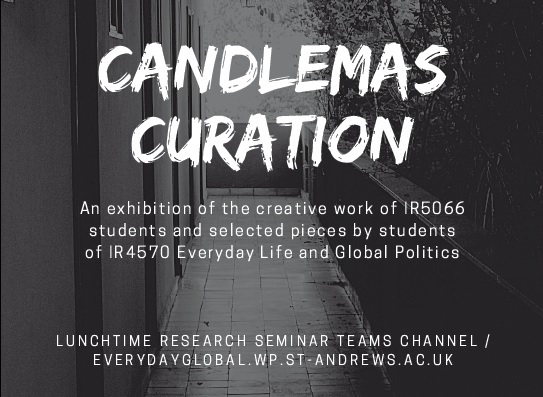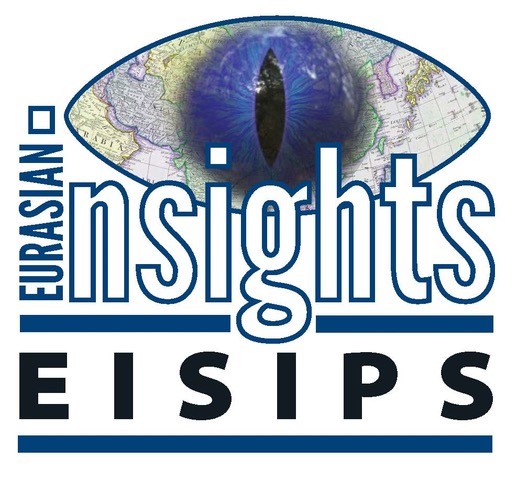Research projects
Eurasian Insights: Strengthening Indo-Pacific Studies
As the broad region of Indo-Pacific is getting more and more attention from policy makers and scholars alike, there is a growing demand for better understanding of the region. Eurasian Insights: Strengthening Indo-Pacific Studies (EISIPS) in Europe is an international project funded by the Erasmus + Programme, that will answer that demand.
The aim of the project is to broaden the knowledge and insights into the region of Indo-Pacific. The concept of Indo-Pacific is derived from geography and spans Indian and Pacific Oceans from India and Pakistan through Southeast Asia to Japan, Australia and New Zealand. The aim of the project is to broaden the knowledge and insights into the region of Indo-Pacific, which has been identified as a multidisciplinary research area focusing on the political, social, economic and security developments.
The international consortium, with partners in Europe and in Asia, aims to produce a student friendly handbook, that will help promote knowledge of the region and spark interest among people interested in area studies and international relations. In addition to the handbook, the goals of the project include: an Indo-Pacific course outline and didactic guidelines, that will help lecturers teach Indo-Pacific studies and a series of podcasts, prepared and recorded by specialists in their fields, to further help understand different aspects of the region.
Everyday Life in Global Politics
The study of International Relations has predominantly focused on supposedly 'official' actors, sites and practices. But what about 'ordinary' individuals? What about their 'mundane' practices and quotidian behaviours? How do their everyday lives fit into IR?
Within the School of International Relations, students enrolled in Dr Laura Mills' modules - IR5066 The Global Politics of Everyday Life and IR4570 Everyday Life and Global Politics - creatively explore these questions to reveal how everyday life and global politics are co-constitutive. An award-winning educator in innovative pedagogies, Dr Mills encourages students to develop their critical thinking at the cutting edge of creative and innovative practice in IR by both exploring how scholars 'do' IR through, for instance, film, narrative, and performance, and then doing so themselves in their own creative explorations of how everyday life mutually constitutes global politics.
While more 'traditional' forms of scholarship remain important, creative forms offer potentially more immediate, affective and potent modes to explore global politics, opening up other ways of knowing, being and doing in the world and the rich possibilities this holds. Since 2018, students have produced artwork, poetry, (auto)ethnography, narrative, film, collage, performance, photography, visual analysis and video remix that have powerfully explored pressing issues as diverse as the nefarious media representation of the refugee crisis, the body as a violent site of racialised and gendered politics, and fashion as a vehicle of pinkwashing and homonationalism. Students have gone on to publish pieces developed within the context of these modules in publications such as Medium and Contemporary Voices: A St Andrews Journal of International Relations.
In 2021 Dr Mills was awarded funding through the University of St Andrews' Entrepreneurial Education Fund to support the production of these creative pieces and establish a website where MLitt students would collaboratively curate an online exhibition of some of the creative work produced across these modules. This project was coordinated by Dr Laura Mills and research assistance was provided by Matt Warren.


